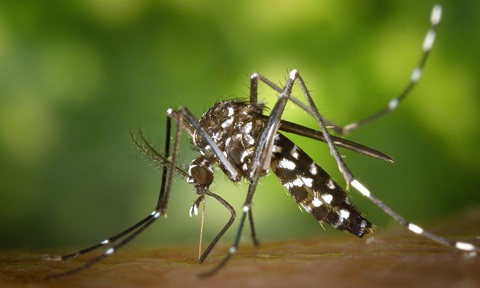Scientists take the bite out of flesh-eating disease
Microbiologist Assoc Prof Kevin Pethe of NTU’s Lee Kong Chian School of Medicine has developed a drug candidate to treat Buruli ulcer.

Classified as a neglected tropical disease, Buruli ulcer is a flesh-eating infectious disease with the greatest burden in West and Central Africa, Australia and Japan.
Microbiologist Assoc Prof Kevin Pethe of NTU’s Lee Kong Chian School of Medicine has a drug candidate, Q203, in phase II clinical trials for the treatment of tuberculosis, which is caused by Mycobacterium tuberculosis. He speculated that Q203 could also be used to treat Buruli ulcer, which is caused by the closely-related Mycobacterium ulcerans.
In a study involving international partners, Assoc Prof Pethe found Q203 to be highly effective against Buruli ulcer-causing bacteria, even at low doses.
Extending the potential of Q203 even further, the researchers are also looking into using it to treat leprosy, a disease highly endemic in India, Indonesia and other Asian regions that is caused by yet another closely related bacterium, Mycobacterium leprae.

-and-dr-dorrain-low-from-ntu-singapore's-lkcmedicine.tmb-listing.jpg?Culture=en&sfvrsn=b389b500_1)

.tmb-listing.jpg?Culture=en&sfvrsn=82921582_1)


.tmb-listing.jpg?Culture=en&sfvrsn=ba129532_1)